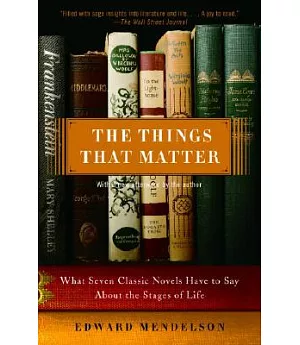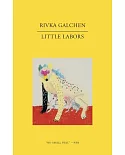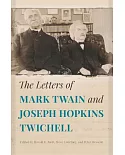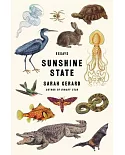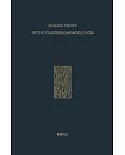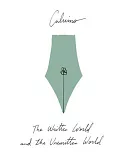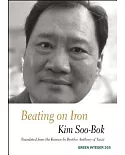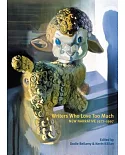1
birth: Frankenstein
Frankenstein is the story of childbirth as it would be if it had been invented by someone who wanted power more than love.
The book’s subtitle identifies Victor Frankenstein as “The Modern Prometheus.” The ancient Prometheus stole fire from the gods so that he could give human beings its warmth and comfort. The
modern Prometheus steals from nature “the cause of generation and life”—the secret of biological reproduction by which a new life is brought into being—and uses that secret to create a new
species. In human beings the power of “generation and life” works through the partly instinctual, partly voluntary union of a man and woman who have little control over the outcome, and who
typically feel—as Victor remembers his parents feeling about him—a “deep consciousness of what they owed towards the being to which they had given life.” Victor, in contrast, feels no
obligation to the being to which he has given life through “the horrors of my secret toil,” and he sustains himself through his gruesome, pleasureless work with the thought that his creature
will owe him more gratitude than any human child ever owed to its father. Frankenstein performs the act of creation alone, by conscious choice rather than through instinct, so that he alone can
have total control over its outcome.
Victor creates new life by applying an electric spark to a dead body, not by embracing a living one. In this act and in every other he rejects his own bodily life, the bodily lives of those who
love him, and the whole realm of the flesh. While building his creature, he “tortured the living animal to animate the lifeless clay.” Later, while building a mate for the creature, Victor is
so horrified by the prospect of their having children of their own that, “trembling with passion,” he “tore to pieces the thing on which I was engaged.” Victor thinks of his own impending
marriage with “horror and dismay,” and some of his feelings are justified by his creature’s threat to be “with you on your wedding-night.” But the deeper cause of his dismay is something that
the book never names explicitly, but which it insistently points to—Victor’s deep, unacknowledged horror of the human body and its relations with another human body. One effect of what he calls
his “murderous machinations” is the murder of his own bride on their wedding night.

